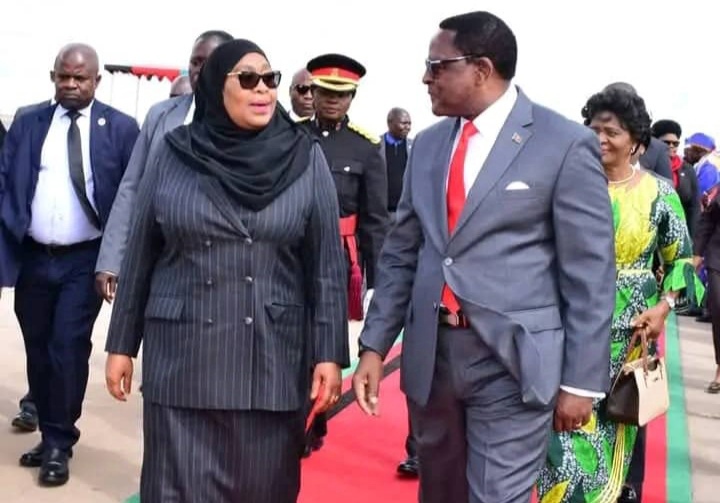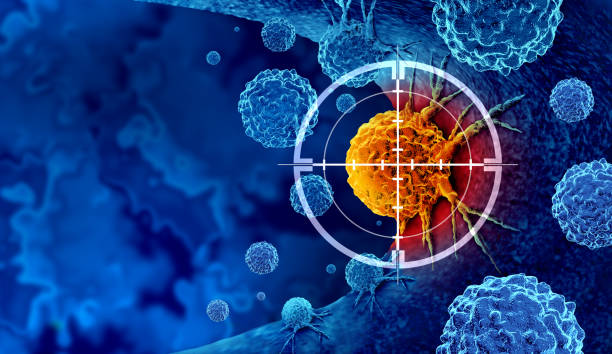
By Onoja Baba, Abuja, Nigeria
The Director General of the Nigeria Institute of Medical Research (NIMR), Prof. Babatunde Salako, has made a compelling call for intensified cancer research to avert a looming double burden of the disease.
This appeal was the focal point of a media chat held in Abuja, marking the conclusion of his eight-year tenure.
“We can’t wait until it becomes a double burden. We plead for expansion in cancer research,” Prof. Salako urged, reflecting on both the achievements and challenges faced by the Institute over the past eight years.
Highlighting a significant financial boost, Salako applauded the government for increasing NIMR’s budget from ₦50 million to ₦20 billion.
He stressed the necessity for a dedicated research funding agency to support the Nigerian health system in developing homegrown solutions.
During his tenure, NIMR has made substantial strides in combating infectious diseases, notably HIV and COVID-19.
“No fewer than 80,000 Nigerians have benefited from our screening and diagnosis efforts,” Salako noted.
The institute has tested approximately 65,000 people for COVID-19 and 25,000 for HIV, providing vital healthcare services across the nation.
As a leading research center with an active HIV clinic, NIMR was instrumental in diagnosing the first cases of both HIV and COVID-19 in Nigeria.
“Our collaboration with the NCDC, Lagos State Government, and private organizations like Life Bank was crucial in establishing COVID-19 drive-through and walk-through testing centers,” Salako said, emphasizing the economic and healthcare impact of these initiatives.
At an average cost of ₦50,400 per COVID-19 test, the extensive testing efforts were made possible through substantial contributions from the government and other supporters.
NIMR developed two innovative COVID-19 test kits, introducing do-it-yourself testing solutions that played a critical role during the pandemic.
Beyond infectious diseases, NIMR has significantly contributed to capacity building within the healthcare sector. “Over the past eight years, we’ve trained over 1,600 healthcare workers, including doctors, pharmacists, laboratory scientists, and students,” Salako stated, underscoring the institute’s commitment to enhancing the national workforce.
Salako also highlighted other key achievements during his tenure, such as the development of rapid test kits, the use of dispatch riders for kit delivery, the diagnosis and treatment of multidrug-resistant TB, and the discovery of a new urban malaria vector.
Reflecting on the importance of continuous support for research, Salako remarked, “Government alone cannot sponsor or fund research. We expect more from the government, but collaboration and support from various sectors are essential.”
categories
recent posts
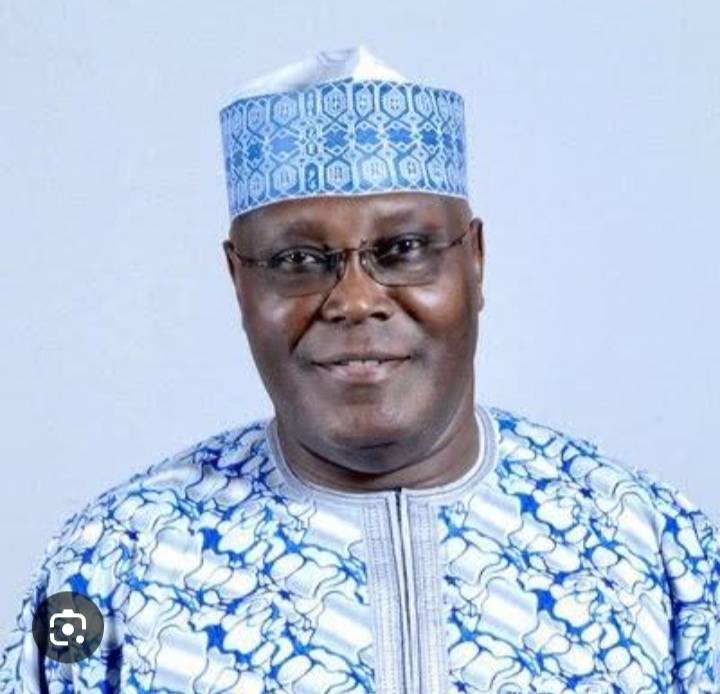
NIGERIA: ‘Coming Political Battle Not APC Versus PDP, Or LP Versus APC’ – Atiku

Praises And Panic: APC Sees PDP Chairman’s Endorsement Of Gov Mutfwang As Cry For Relevance
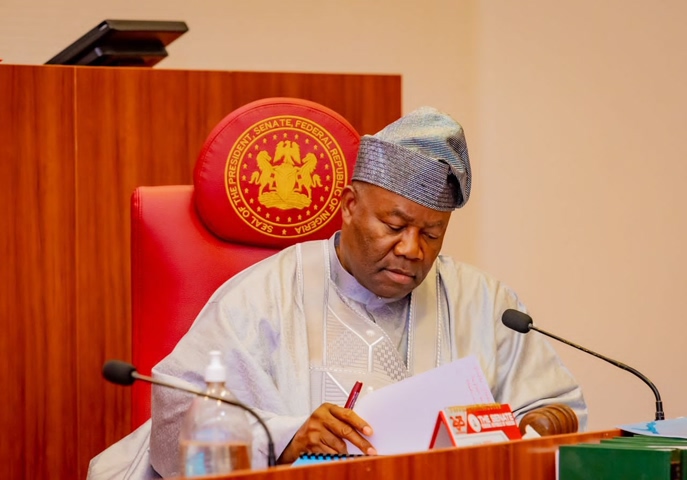
NIGERIA: Akpabio Leads Nigerian Delegation To Vatican For Pope Francis’ Funeral
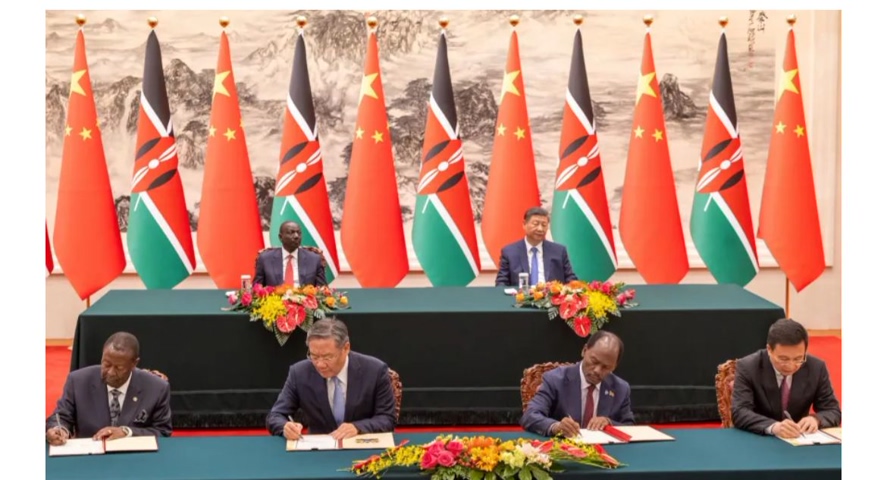
Kenya Secures Major Economic And Infrastructure Deals During Ruto’s State Visit To China
